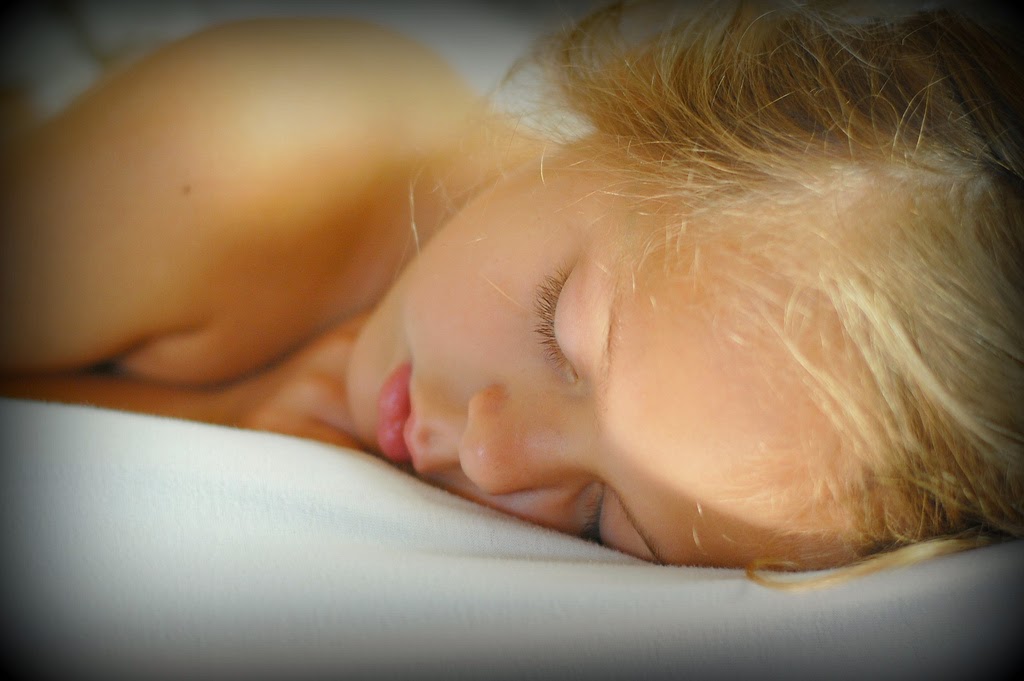In 2012, in Hordaland Country, western Norway, the doctors’ team executed an analysis of about 10K people of ages 16 – 19 and they described their findings in the journal BMJ Open Tuesday. The teens were interrogated about their sleeping patterns to know the screen time they usually make after the school hours. The respondent mentioned that they feel rested after taking a sleep of 8 and 9 hours on average. The search found that those who have a screen time of more than 4 hours on daily basis were three and a half times expected to sleep less than 5 hours at night.
Normal adults drowse in around 30 minutes but they were 49% expected to take more than 60 minutes in falling asleep. Many parents of a sleepy teen had already experienced what the study also has proven that an electronic device usage in the hour before the bedtime affects badly both the duration of sleep and its onset. Especially the teens who, in last hour, used to use a mobile phone or a computer were 48 to 52 percent expectations of falling asleep in more than 60 minutes. Also they were expected to lose one or two more sleeping hours with a ration of 35 to 53 percent. It was observed that the youngsters who, in final hour of sleep, used game console, tablet, TV or MP3 player had less chance of shortened or delayed sleep. The researchers directed by Mari Hysing at a regional center in the city of Bergen for child health indicated many possible explanations. One out of them is much simple that screen time eats up the sleep time that is why teenagers get into bed lately.
Another finding is that there is a day-night system of our brain termed as circadian rhythm which notifies the brain for sleep in times as well as the waking up times and the bright light emitting from the devices interferes with that system resulting into disordered sleeping hours.
Because of the excessive screen time there could also be headaches, tension or muscle pains.
Also the media content can perform a role which may cause amplified psycho physiological stimulation that means the mind is still active rather than getting slowed down for the night. The study described that there must be a system for setting up the healthy media usage recommendations as well as age oriented guidelines related to electronic media usage timing and quantity. That system must be updated now and then according to new requirements.
Having a TV in the bedroom is not recommended according to the latest guidelines set by the American Academy of Pediatrics in 2004. Subsequently one should limit the usage of electronic devices to jeep himself healthy and active.






















